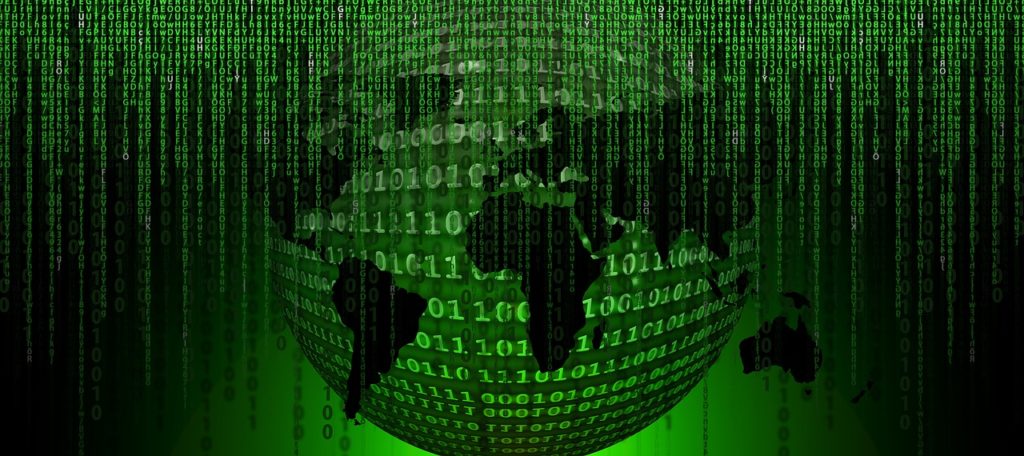
You may have heard of the term VPN but never really understood what it is all about. The acronym VPN actually stands for “Virtual Private Server.” Even though this sounds like some very technical jargon it is actually fairly simple. Basically, a VPN is an encrypted connection between two computers. The purpose of using a VPN is to browse websites securely and anonymously. Here, we’ll review some basic features of the best VPNs so that newcomers can become familiar with the technology.
What is the Point of Using a VPN?
There are several beneficial uses of a VPN. First, a VPN allows you to use the internet privately. Normally when a user goes online the traffic is recorded by the internet provider. This means a third party can see what sites you are using, how long you are browsing and what you are downloading. A VPN prevents the internet provider’s ability to log your activity because it mixes up the signal through the encryption process. With a VPN you can browse the internet without worrying that “big brother” is looking over your shoulder.
A VPN also keeps the internet truly “free.” An internet service provider (ISP) or government entity may block sites from users in a certain area. VPNs can get around these blocks because it will mask your IP address. Thus, the blocking mechanisms will not now that a computer in a restricted area is trying to access a prohibited site. Furthermore, the traffic between your computer and the site’s server will remain encrypted. In this sense, VPNs help defeat censorship on the internet.
Finally, online shoppers can actually save money with a VPN. Many internet stores change their prices for site visitors from certain countries. For example, users in the U.S. will often see higher prices than a person connecting from South America. A VPN will make it appear that you are connecting from a different location so that you can take advantage of geographically targeted pricing.
How do VPNs Actually Work?
VPNs use a technology known as “tunneling.” This involves encapsulating data into packets that are transmitted back and forth. The data packets are encrypted so that third parties cannot “snoop” the traffic. VPNs, whether that’s the best vpn for torrenting, streaming, gaming, or just general internet security, are the best option for those that want to remain anonymous on the internet.
Isn’t a Proxy Good Enough?
Some people use web proxies to surf anonymously. Proxies are commonly used in work or school environments where public computers are blocked from accessing certain sites. A user can connect directly to the proxy address (which is not blocked) and the proxy will connect to the blocked IP address. Proxies are a good solution for some, but they lack the security provided by a VPN. Proxy traffic is not encrypted. It is still possible for others to view the traffic and determine what you are doing online. It also fails to protect private information, such as passwords, from hackers. VPNs fill in the holes left by proxies by providing an encrypted connection at all times.
What is the Downside to Using a VPN?
There are many positives to using a VPN, but there are some negatives as well. One of the main problems with using a VPN is that internet browsing speeds are usually affected. This is due to the VPN’s encryption process which slows down the transmission of data. Speed can also be affected by the location of the VPN server. It is better to connect to one nearby as you’ll experience faster browsing speeds. VPNs that are bogged down by numerous users will also have speed issues.
Another problem is that not all VPN providers define “secure” the same way. Some VPN providers log your activities just like the ISPs do. Therefore, your browsing may not be as private as you think!
The final problems with VPNs are that your employer or ISP may think you are up to something suspicious. Most internet users don’t use VPNs. Thus, when a system administrator notices you are connecting to one it may raise a few eyebrows. However, this is not likely to be a problem for the majority of users.
In the end, whether the decision to use a VPN will depend on your personal circumstances. If you do choose to try one make sure you work with a reputable company. Your experience can differ greatly from one company to another. Make sure to do your research to find the right option for you!
Author Bio – This post was written by Mike MacKenzie, a computer nerd with an interest in online privacy, security and pretty much anything “internetty”. When he’s not writing articles like this, you can catch him writing stuff at his own site vpnsrus.com